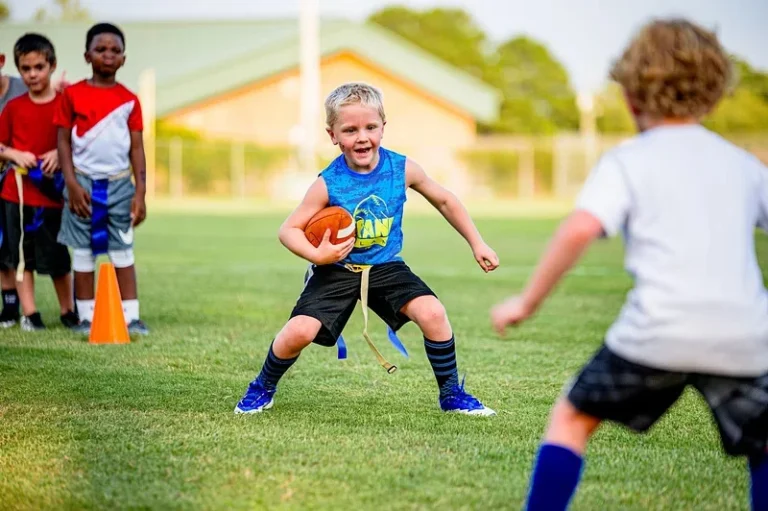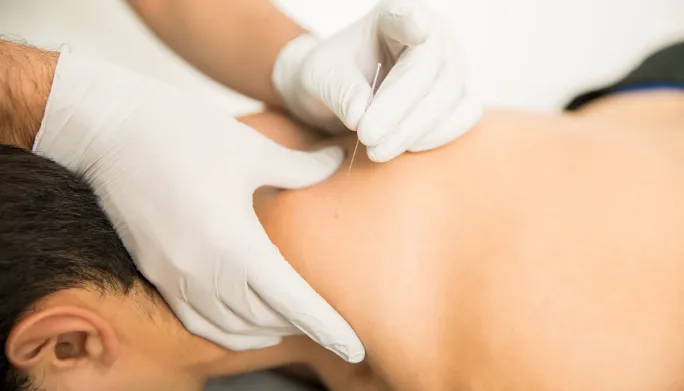When and Why Athletes Need Sports Physicals

For young athletes, few things are as exciting as gearing up for a new sports season. Whether it’s soccer, basketball, track, or any other activity, there’s one step to take before stepping onto the field or court: a sports physical. Sports physicals aren’t just a formality; they’re a valuable health assessment to confirm athletes are ready to perform safely. This article will walk you through the when, why, and how often, and why scheduling should be at the top of your to-do list.
When Should Athletes Get Sports Physicals?
Timing is everything when it comes to sports physicals. Ideally, athletes should complete their physical at least six weeks before the start of their sports season. This allows ample time to address any potential health concerns that might arise during the exam. Many schools and sports programs have specific deadlines for submitting clearance forms, so be sure to check these timelines in advance.
For year-round athletes or those participating in multiple seasons, it’s a good idea to align the exam with the school calendar or program updates. This verifies their medical forms are always current. Some urgent care and primary care clinics even offer extended hours during peak sports season to accommodate the influx of young athletes. Summertime is a popular time for scheduling sports physicals since it allows athletes to prepare before fall sports kick off. Beat the rush by scheduling early.
Why Are They Necessary?
Sports physicals are much more than a simple checkmark on a to-do list. They protect athletes by evaluating their overall health and identifying potential risks. During the exam, medical professionals will review the athlete’s medical history and perform a physical assessment.
Here’s what they’re looking for:
- Previous injuries: Checking for lingering issues or risk of re-injury.
- Chronic conditions: Identifying how conditions like asthma, diabetes, or allergies may impact athletic performance.
- Heart health: Assessing the cardiovascular system to detect irregularities that could pose risks during high-intensity activities.
- General physical fitness: Confirming that the athlete is physically prepared for the demands of their specific sport.
Sports physicals also provide an opportunity to discuss injury prevention, proper nutrition, and athletic recovery methods with healthcare providers. It’s one step in making sure your child not only performs their best but stays safe while doing so.
How Often Are Exams Needed?
The frequency of sports physicals depends on the guidelines set by schools, sports leagues, or state regulations. Most organizations require an annual physical to confirm athletes’ health records stay up to date. Even if not officially required, yearly checkups are a good practice because young athletes’ bodies change rapidly during growth spurts.
Revisiting their health annually helps identify any emerging concerns, such as joint issues or heart health risks, early on. For those recovering from injuries or managing chronic health issues, a mid-season or biannual check may also be necessary. Consult with your healthcare provider to determine the optimal timeline for your athlete, tailored to their individual needs.
Schedule Your Physical Today
Sports physicals make sure that athletes stay healthy, perform at their best, and enjoy their season without interruption. Don’t wait until the last minute to get this check-up done. By scheduling early, you’ll avoid the season rush and give athletes plenty of time to address any medical concerns before they hit the field.
At [Your Clinic Name], we make the process simple and convenient, offering flexible scheduling and thorough evaluations to help your athlete stay safe and succeed. Contact us today to book your sports physical and get peace of mind knowing they’re ready for the season ahead!
[Schedule My Physical Now]
- What to Expect When Visiting a Foot and Ankle Specialist
- Causes of PTSD
- The Link Between Plantar Fasciitis and Weight Gain: What You Need to Know
- How Pet Ownership Can Positively Impact Life with Fibromyalgia
- The Importance of Stretching and Flexibility in Sports Medicine
Dr. Emma Green is a health and wellness expert with over 10 years of experience in nutrition and fitness. Passionate about helping others live their healthiest lives, Dr. Green shares practical advice on wellness, nutrition, and sustainable living through LivingSpristine.






